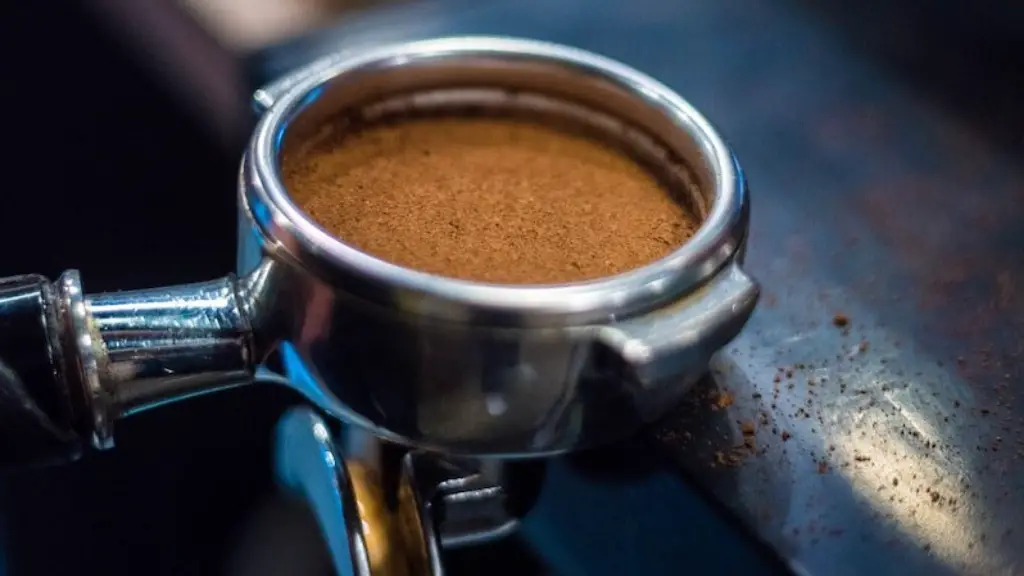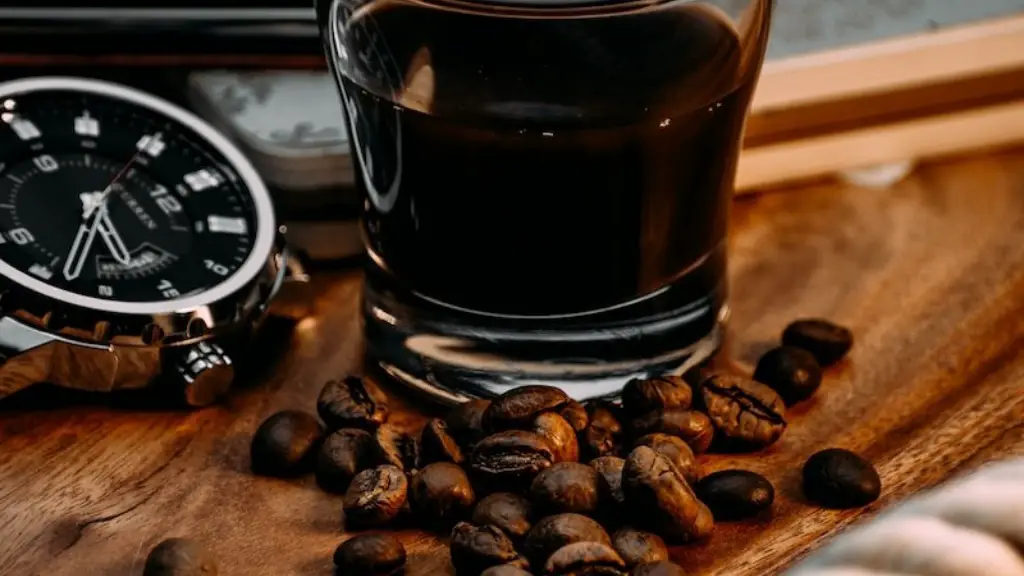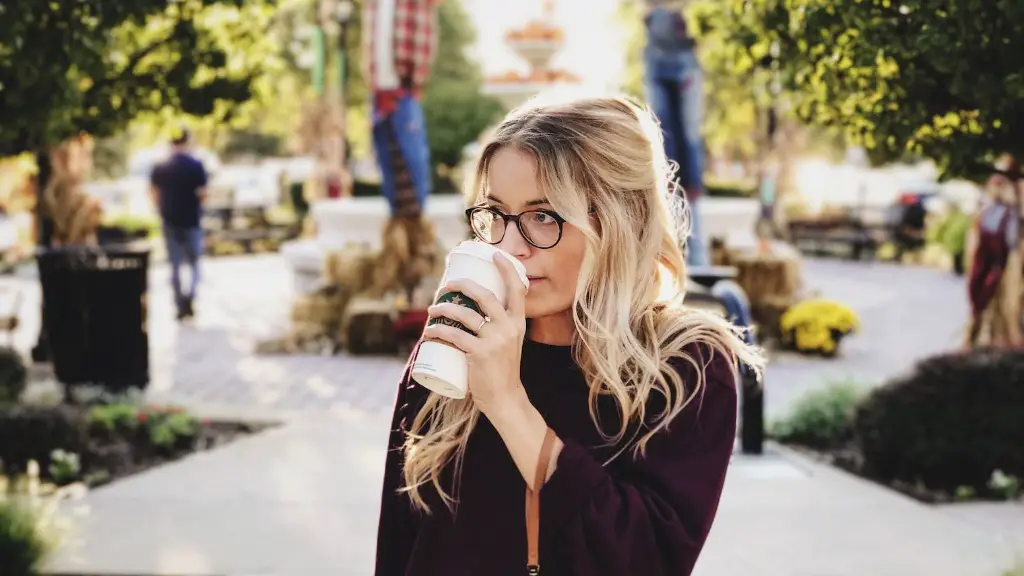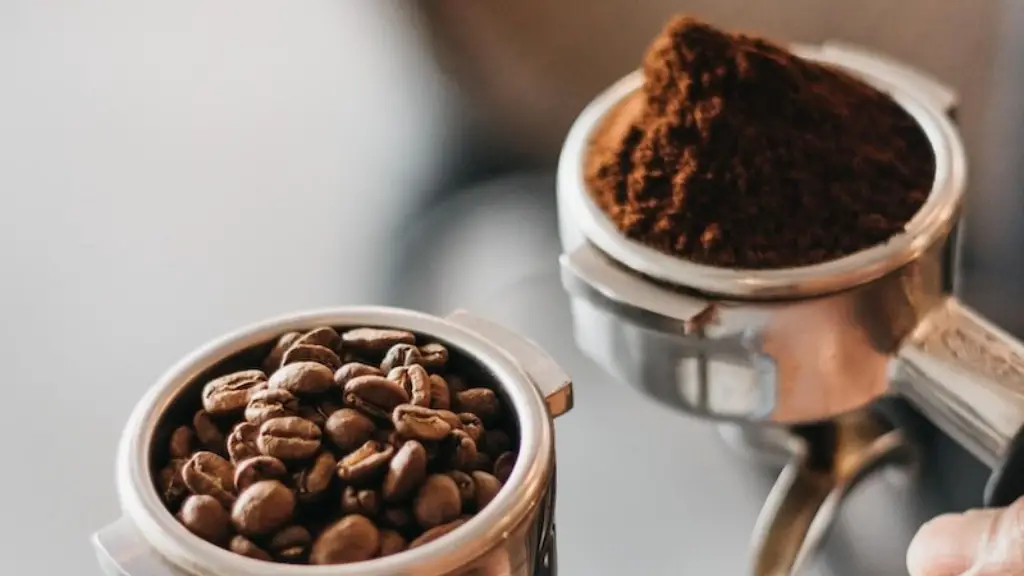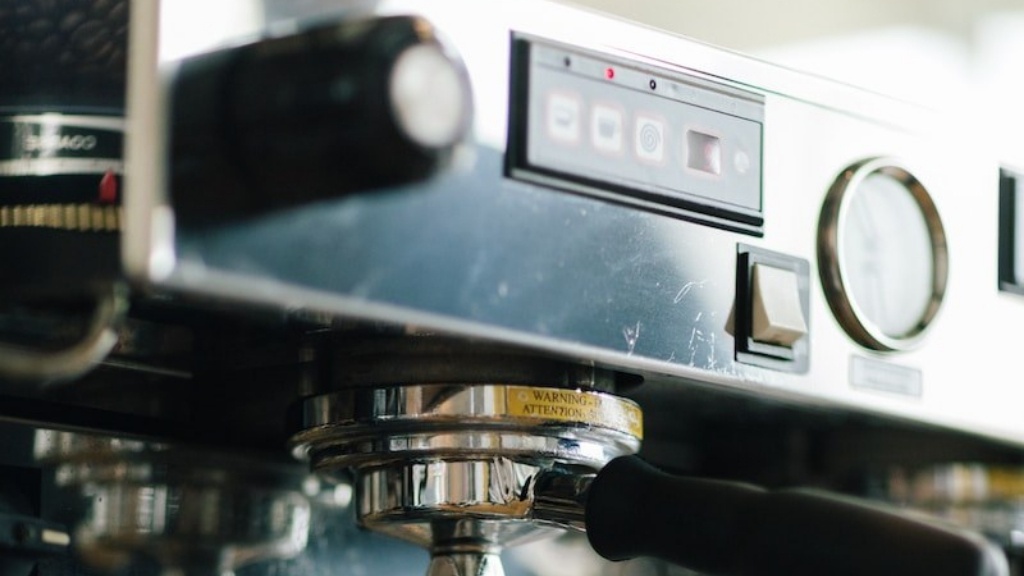Can you drink coffee after drinking alcohol?
We have all heard that combining coffee and alcohol isn’t a good idea, but is this really true? Or are we all only perpetuating an old wives’ tale? To find out more, we need to take a closer look at the effects of coffee and alcohol on the body, and what kind of risks you might be taking should you choose to combine the two.
We all know that coffee is a stimulant. It contains caffeine, which is a stimulant drug that impacts the body’s central nervous system. Caffeine can increase alertness, reduce fatigue, and improve concentration. On the other hand, it can also cause anxiety, restlessness, and sleeplessness.
Alcohol, on the other hand, is a depressant. It inhibits the nervous system and reduces messages sent between neurons in the brain. It can cause drowsiness, slow reaction time, and can lead to impaired judgement.
The obvious concern with drinking coffee and alcohol together is that the two will counteract one another and leave you in a state of unrest. Too much caffeine, combined with the depressant effects of alcohol, could cause feelings of fatigue, lessened concentration, and more rapid movement of the heart rate.
The actual effects of combining the two will depend on the individual. An individual’s weight, age, and sex can all have an effect on how their body processes the consumption of coffee and alcohol. It is also important to consider how much coffee, or alcohol, is being consumed.
It is advised, then, that you limit or avoid combining coffee and alcohol. While in most cases it will not lead to any serious health issues, it is better to limit your intake of both to keep your body regulated. Drinking coffee after drinking alcohol, or vice versa, can make for an unsettling experience.
It is also important to note that drinking coffee on an empty stomach after drinking alcohol can lead to serious side effects. This can cause nausea, vomiting, dizziness, and an upset stomach. This is due to the mix of the two substances, both of which can be hard on the stomach.
Can caffeine counteract alcohol’s effects?
Many people believe that they can combat the effects of alcohol by drinking coffee or energy drinks afterwards. Unfortunately, this is not effective as the two substances do not counteract one another. Consuming caffeine after drinking alcohol can lead to feelings of alertness and energy, but the underlying effects of alcohol still remain, such as impaired judgement.
Caffeine does not reduce the amount of alcohol in the blood or reduce the physical or psychological effects of alcohol. Coffee and other energy drinks are often used to “shake off” a hangover or reduce fatigue, but this is not a reliable method. Coffee and other caffeine beverages may provide some temporary relief, but it is better to sleep off the effects of alcohol than to rely on caffeine.
It is also important to be aware that drinking coffee on an empty stomach after drinking alcohol can cause an even bigger dip in blood sugar levels than alcohol alone. This can lead to further feelings of lightheadedness, nausea, and fatigue.
Health risks of mixing coffee and alcohol
Most of the risks associated with mixing coffee and alcohol are related to the fact that caffeine can mask or counteract the depressant effects of alcohol. This can lead to over-consumption of alcohol without feeling realizing the effects. This can lead to drinking more than one can handle, which can lead to long-term health risks and an increased risk of alcohol-related accidents.
On the other hand, it is important to note that drinking small amounts of coffee after drinking alcohol is likely to be safe. As always, it’s important to monitor your intake and be aware of potential side effects. If you feel dizzy or nauseous, it’s best to avoid drinking any more coffee.
Long-term effects of combining coffee and alcohol
Mixing coffee and alcohol, especially over an extended period of time, can lead to long-term health risks, such as changes in the body’s metabolism or increased risk of addiction. Studies have found that when coffee and alcohol are consumed together, it can increase the risk of developing certain types of cancer and can increase the risk of developing liver cirrhosis.
It is also important to be aware that, while coffee may seem like a harmless way to increase energy levels, drinking it in combination with alcohol can lead to a reliance on caffeine as a pick-me-up in order to counter the effects of alcohol. This can have long-term repercussions on health, such as withdrawal symptoms, headaches, and fatigue.
What are the alternatives?
The best way to avoid any risks associated with mixing coffee and alcohol is to simply not mix them. Instead, it is recommended to opt for healthier alternatives, such as tea, juice, or water. Combining alcohol with caffeine-free beverages can help prevent the risk of long-term health risks and help keep your body safe.
However, if you do decide to combine coffee and alcohol, it is important to be aware of the risks, monitor your intake, and stick to a safe limit of alcohol consumption.
Effects on the Brain
The brain is the most vulnerable organ when it comes to drinking coffee and alcohol. This is because the brain is particularly sensitive to the external environment and chemical changes.
Studies have suggested that combining the two can lead to an increase in oxidative stress in the brain. Oxidative stress is an imbalance between free radicals and antioxidants and can cause damage to cells. Drinking too much coffee and alcohol can, therefore, lead to brain damage and mental health issues in the long run, such as anxiety and depression.
It is also important to consider the stimulant effects of caffeine and the depressant effects of alcohol. When combined, these can cause uneven brain activity, leading to changes in sleep patterns, fatigue, and disorientation.
Conclusion
In conclusion, it is advised that you limit or avoid mixing coffee and alcohol altogether. While combining the two may be safe in some cases, there are still potential risks to consider. It is best to opt for healthier alternatives such as tea, juice, or water, in order to protect your body from the long-term effects.
